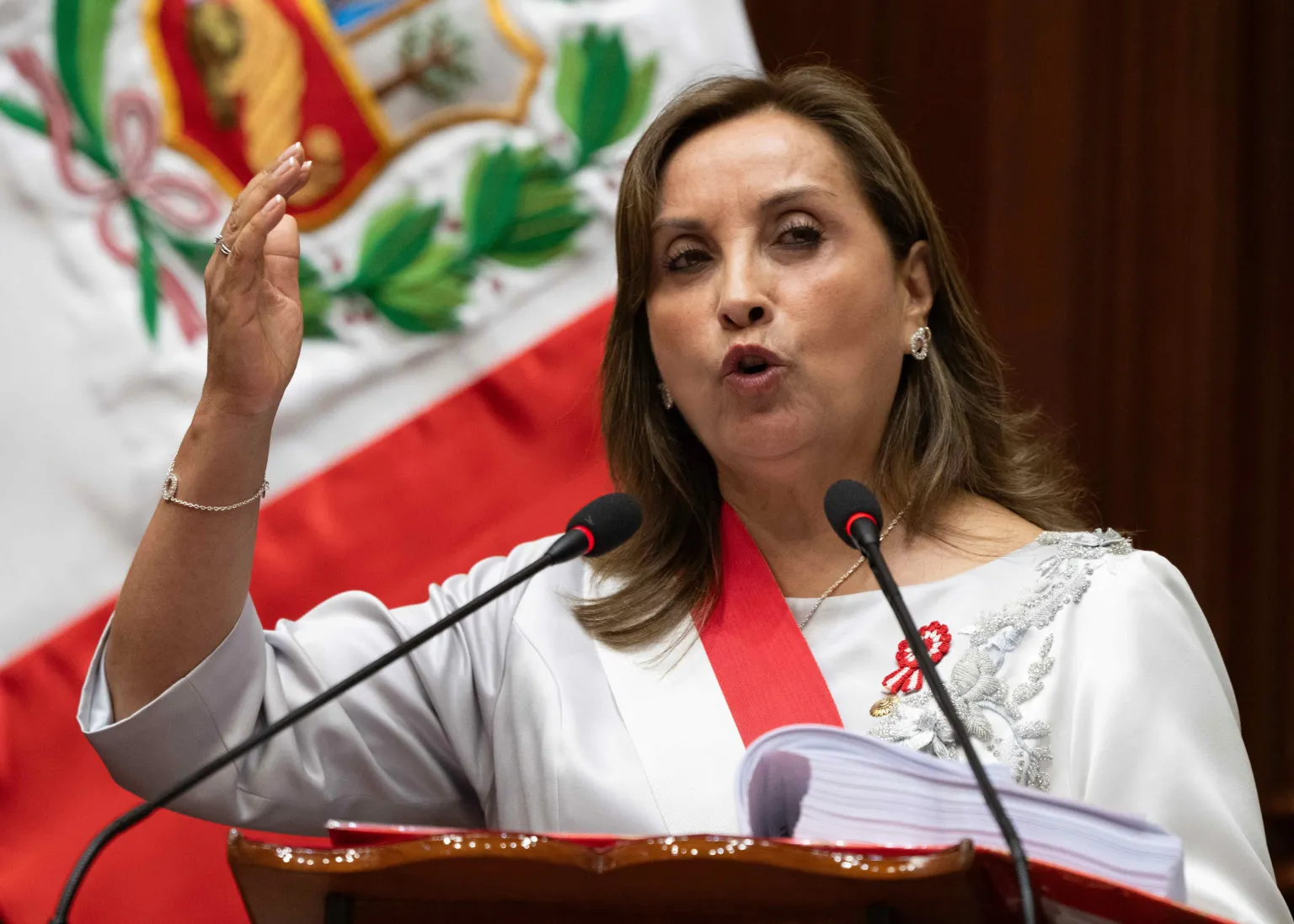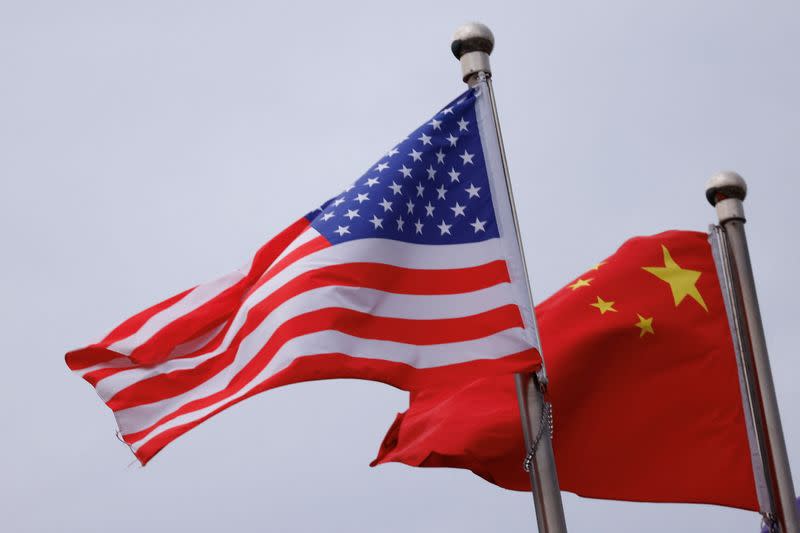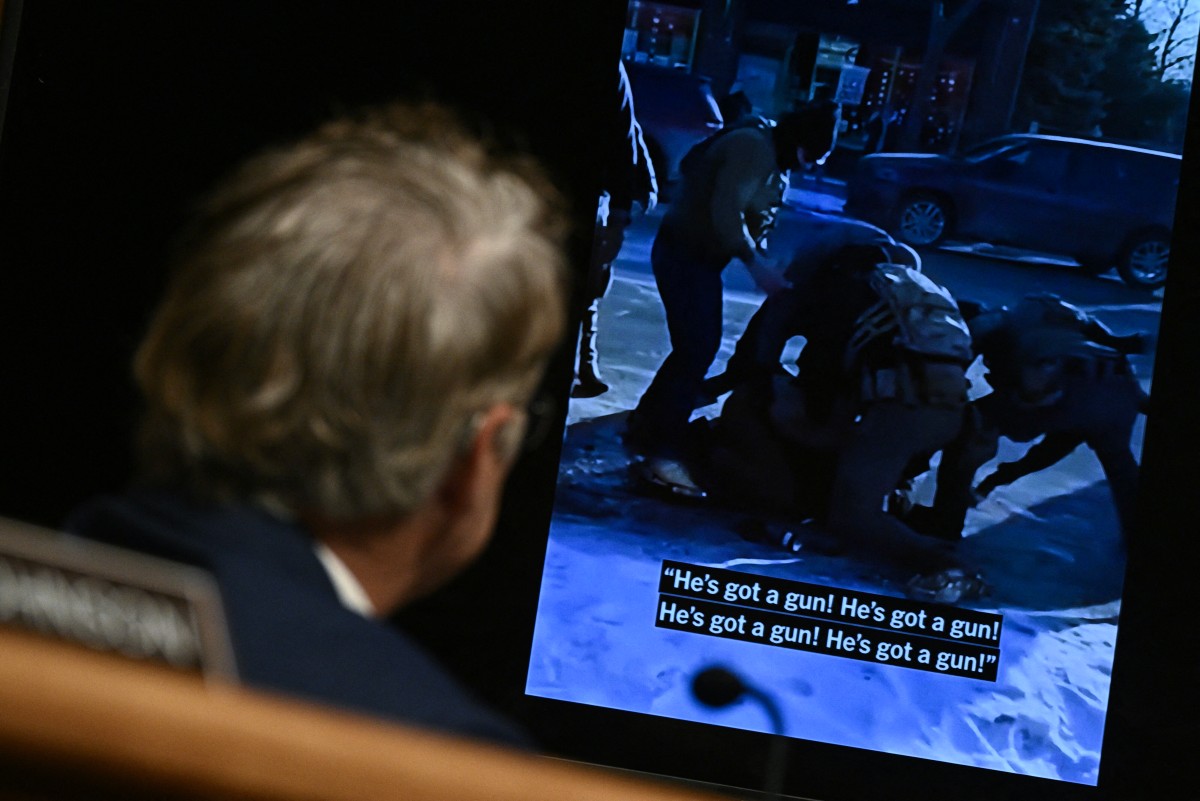International
Two police officers arrested for kidnapping a witness in the case opened to Boluarte’s brother

A group of seven people, two of them police, was arrested for the kidnapping in Lima of a key witness in the case opened for influence peddling the brother of the Peruvian president, Dina Boluarte, the special anti-corruption prosecutor and local media reported.
“This is a concern for the Public Ministry. This situation has brought with it an imminent risk for a protected witness by the Public Ministry, of the Special Team of Prosecutors against Corruption in Power (Eficcop),” Marita Barreto told the press in the Lima district of Surco, where the kidnapping that lasted for about an hour took place.
Various local media identified the kidnapped as Iván Siucho, a protected witness in the case called ´Waykis en la sombra´, in which Nicanor Boluarte, the president’s brother, is involved, as well as Mateo Castañeda, former lawyer of the president.
They are being investigated for allegedly having intervened in the appointment of prefects and sub-prefects (administrative authorities in the regions) in order to have their help to form a new political party.
Barreto explained that the kidnappers “have deceivedly entered the witness’s house and then took him in a hijacked car to threaten him and throw him on a street,” in addition to taking away his phone for several hours.
“After the kidnapping was made public,” the kidnapped have thrown their cell phone on the street, always according to the details offered by Barreto to the press.
“The worrying thing about the situation is that the Surco Police, which has intervened after an hour and a half and who had knowledge (of the case), did not immediately inform the prosecutor on duty as indicated in the protocol,” he stressed before qualifying that fact as “a very serious omission.”
Finally, and without confirming that he is a witness to the “Waikys in the shadow” case, Barreto said that “the concern” is that the information provided by the witness is that he has received “threats and would obstruct the investigations.”
International
Florida judge sets 2027 trial in Trump’s $10 billion lawsuit against BBC

A federal judge in Florida has scheduled February 2027 for the trial in the lawsuit filed by U.S. President Donald Trump against the BBC, in which he is seeking $10 billion in damages for defamation.
Trump accuses the British broadcaster of airing a misleading edit of a speech he delivered on January 6, 2021, which, he says, made it appear that he explicitly urged his supporters to attack the U.S. Capitol in Washington.
The president filed the suit in December in federal court in Florida, alleging defamation and violations of a law governing business practices when the program was broadcast ahead of the 2024 election.
Trump is seeking $5 billion in damages for each of the two claims.
Lawyers for the BBC unsuccessfully asked the court to dismiss the case, arguing that Trump had not suffered a “legally recognizable harm,” since the investigative program Panorama, which included the edited footage, aired outside the United States.
International
Head-of-state diplomacy key to guiding China–U.S. ties, Beijing says

Head-of-state diplomacy plays an irreplaceable strategic guiding role in China–United States relations, Chinese Foreign Ministry spokesperson Lin Jian said on Thursday during a regular press briefing, when asked about high-level exchanges between the two sides.
Lin added that in a recent phone call, U.S. President Donald Trump once again expressed his intention to visit China in April, while Chinese President Xi Jinping reiterated his invitation.
Both sides remain in communication regarding the matter, the spokesperson said.
Lin noted that the essence of China–U.S. economic and trade ties lies in mutual benefit and win-win outcomes.
“Both parties should work together to implement the important consensus reached by the two heads of state, injecting greater certainty and stability into China–U.S. economic and trade cooperation, as well as into the global economy,” he said.
International
Trump administration to end special immigration operation in Minnesota

The administration of Donald Trump is bringing to a close its special operation targeting illegal immigration in the northern state of Minnesota, border czar Tom Homan announced Thursday, following weeks of unrest and the fatal shootings of two activists by federal agents.
Thousands of federal officers had been deployed to Minnesota in December to carry out large-scale raids against undocumented immigrants.
The operations triggered strong reactions from residents and advocacy groups, leading to daily confrontations and the deaths of two people who were shot by federal agents.
“I proposed, and President Trump agreed, that this special operation should end in Minnesota,” Homan said during a press conference in the state capital, Minneapolis.
“A significant drawdown began this week and will continue into next week,” he added.
Homan indicated that similar enforcement efforts could be launched in other cities.
“Next week we will redeploy the agents currently here back to their home stations or to other parts of the country where they are needed. But we will continue to enforce immigration laws,” he said.
-

 Central America4 days ago
Central America4 days agoGuatemala isolates Barrio 18 leader after attacks that killed 11 police
-

 Sports5 days ago
Sports5 days agoShakira ignites El Salvador with near sold-out residency at Mágico González Stadium
-

 International2 days ago
International2 days agoU.S. Health Department says CDC grants no longer match agency priorities
-

 International1 day ago
International1 day agoOver 50 Civil Groups Urge House to Impeach DHS Secretary Kristi Noem
-

 International2 days ago
International2 days agoICE Arrests Reach 379,000 Under Trump, Testimony Shows Amid Minnesota Shootings
-

 Central America1 day ago
Central America1 day agoGuatemala to Phase Out Longstanding Medical Cooperation Agreement with Cuba
-

 International2 days ago
International2 days agoDespite homicide drop, overall deadly violence remains high in Mexico: study
-

 International2 days ago
International2 days agoSheinbaum Urges Mexico to ‘Jealously’ Guard Sovereignty at Air Force Anniversary
-

 International2 days ago
International2 days agoMEPs Approve Plan That Could Fast-Track Rejection of Some Asylum Claims
-

 International2 days ago
International2 days agoJet Fuel Crisis Hits Cuba: Flights Disrupted, Air Canada Cancels Services
-

 International1 day ago
International1 day agoNew York’s New Archbishop Names Óscar Romero as His Favorite Saint
-

 International2 days ago
International2 days agoMexico Rises Slightly to 141st in Global Corruption Perceptions Index 2025
-

 International4 hours ago
International4 hours agoFlorida judge sets 2027 trial in Trump’s $10 billion lawsuit against BBC
-

 International4 hours ago
International4 hours agoHead-of-state diplomacy key to guiding China–U.S. ties, Beijing says
-

 International4 hours ago
International4 hours agoTrump administration to end special immigration operation in Minnesota
-

 International1 day ago
International1 day agoExclusive Tucson Neighborhood Shaken by Disappearance of Savannah Guthrie’s Mother
-

 International2 days ago
International2 days agoChile Unveils Latam-GPT to Give Latin America Its Own AI Model


























